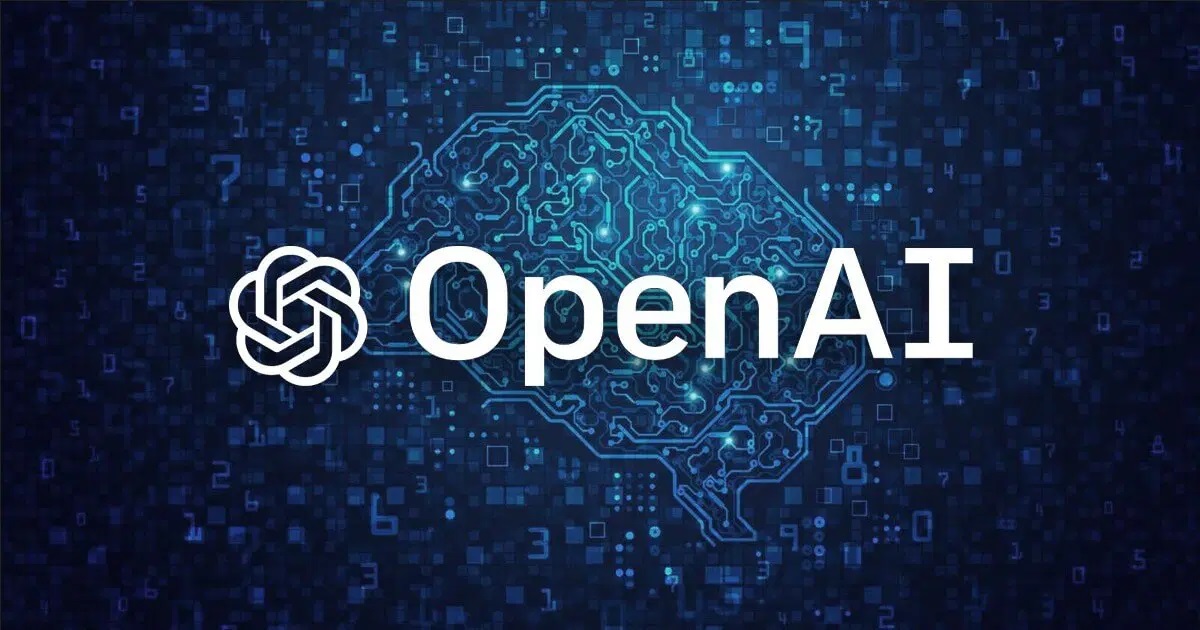In a bold move that could reshape the internet experience, OpenAI is gearing up to launch its own AI-powered web browser, setting the stage for a major showdown with Google Chrome and traditional search engines. The new browser, expected to roll out in the coming weeks, promises to integrate deep conversational AI capabilities—pushing the boundaries of how we interact with the web.
Built on Chromium, Powered by ChatGPT
According to reports from Reuters, the upcoming browser will be built on Chromium, the same open-source framework used by Chrome, Microsoft Edge, and Brave. However, OpenAI’s version won’t just be another Chrome clone. It will be deeply integrated with ChatGPT and a smart agent known as “Operator,” enabling users to search, complete tasks, shop, book appointments, and browse content with simple natural language commands.
Unlike traditional browsers, this new AI-first browser can perform real-time web interactions such as filling out forms, comparing prices, summarizing articles, or answering questions instantly—all without needing multiple tabs or manual effort.
OpenAI vs Google: A Battle for the Future of the Web
Google has long held dominance in the browser (Chrome) and search engine markets, forming the backbone of its multi-billion-dollar advertising empire. However, OpenAI’s entry could significantly disrupt this model.
Here’s how:
- Reduced Reliance on Search: With ChatGPT answering queries instantly and directly, users may bypass Google Search entirely.
- Behavioral Data Shift: OpenAI could now access real browsing data—previously monopolized by Google—giving it an edge in training future AI models.
- Ad Model Disruption: Fewer searches and clicks could impact Google’s ad revenue, challenging its core business model.
This move puts OpenAI not just as a tool provider but as a direct competitor to Google in consumer tech, with ambitions stretching far beyond chatbots.
AI Browsers: The New Frontier
OpenAI joins a fast-growing list of AI-first browsers such as:
- Perplexity’s Comet
- The Browser Company’s Arc
- Brave and Opera with AI integrations
However, OpenAI’s scale, brand trust, and access to ChatGPT’s massive user base could give it the first-mover advantage in mass adoption.
What This Means for Users
- Smarter Browsing: No more endless tabs—just ask, and it’s done.
- Time-Saving Productivity: Automate tasks, summarize long reads, and navigate the web more efficiently.
- Data Concerns: As OpenAI gathers more user data, transparency and privacy protections will be key issues to watch.
When Will It Launch?
While OpenAI has not officially confirmed a release date, sources suggest it could happen before the end of July 2025. Tech enthusiasts, developers, and early adopters are eagerly waiting for beta access or previews in the coming weeks.
Final Thoughts
The launch of OpenAI’s web browser could be a watershed moment in internet history, potentially dethroning Google Chrome and reshaping how billions of people experience the web. With the lines between AI and web navigation blurring, one thing is clear: the browser wars are back—and this time, they’re powered by artificial intelligence.
